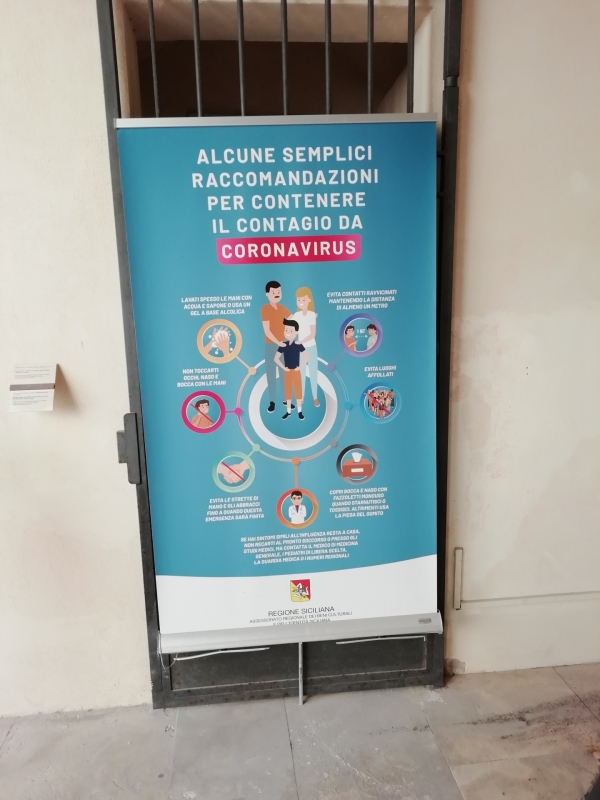
Spela Kopitar
The pandemic has strongly marked people’s lives over the past two years. It marked our perception of the proximity of another, movement in the city, and work. How did it mark the work in cultural institutions?
Did the closure of public life mean the stagnation of culture for a few months, or did cultural institutions chose to offer culture to the public in a different way. To what extent have the projects been transferred to the Internet - in the form of virtual tours of exhibitions, or archival recordings of performances. Whether they organized any smaller outdoor events, or from balconies and rooftops.
What the closure meant for the employees. Have they lost their jobs or were new jobs created due to online events? Did the non-realization of the program meant a loss of funding? In the current situation around the world, how are the organizers dealing with the organization of international festivals? Has international cooperation stopped, or are the agreements continuing, with possible realization in a few years or "when possible"?
In the current situation, when cultural life is allowed under more or less strict conditions to contain the epidemic, questions arise as to how it is with visitors and ensuring their safety. Are people willing to take risks and attend a mass public event, or do they have strong reservations about it.
